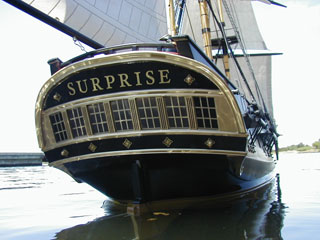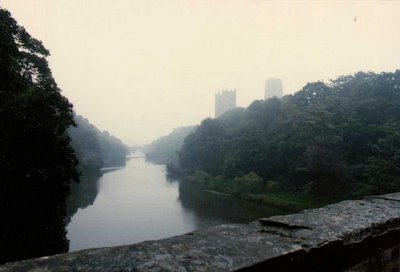Defending Her Majesty in San Diego
 I'm just back from the annual meeting of the North American Academy of Liturgy, held this year in sunny San Diego. This year's Berakah award for lifetime achievement went to Gordon Lathrop, the humble Lutheran theologian famous for his use of the word, "juxtaposition," in Holy Things (a text I use in Christian Doctrine). One of my favorite quotes from his is--"the truth about God is proclaimed in juxtapositions, not in solitary and univocal statements or actions, and always is announced by beggars who pray."
I'm just back from the annual meeting of the North American Academy of Liturgy, held this year in sunny San Diego. This year's Berakah award for lifetime achievement went to Gordon Lathrop, the humble Lutheran theologian famous for his use of the word, "juxtaposition," in Holy Things (a text I use in Christian Doctrine). One of my favorite quotes from his is--"the truth about God is proclaimed in juxtapositions, not in solitary and univocal statements or actions, and always is announced by beggars who pray."Much of my time was spent in the seminar entitled, "Word and Worship," where we worked on the place of preaching within the larger liturgical context. One of the helpful comparisions I came away with was the following:
Different methods of settling on a Biblical text:
Lectio Selecta: a group choosing texts in comformity to some kind of canonical or calendrical pattern (Revised Common Lectionary).
Lectio Continua: preaching through a particular book of the Bible or set of contiguous passages.
Lectio Arbitraria: (or Idiosyncratica): the selection of text(s) based on the preacher’s desires or whims.
Much of my growing-up days were spent with preachers who adopted the last, but I now do most of my work using the calendrical model of the first. I am excited to be asked to present a paper next year in Toronto on my work with the Elizabethan Homilies.
I had a wonderful time visiting the harbor area with two old friends from my past, Walter and Elizabeth Coker. We got to see the schooner, "California," come in with cannons blazing. But my favorite memory was going aboard H.M.S. Surprise, the ship built for the recent film, "Master and Commander." My Anglophile self swelled with pride to be defending Her Majesty's ship as the "California" made for port. The Union Jack flapped in the breeze and I yelled out, "God save the Queen!"


